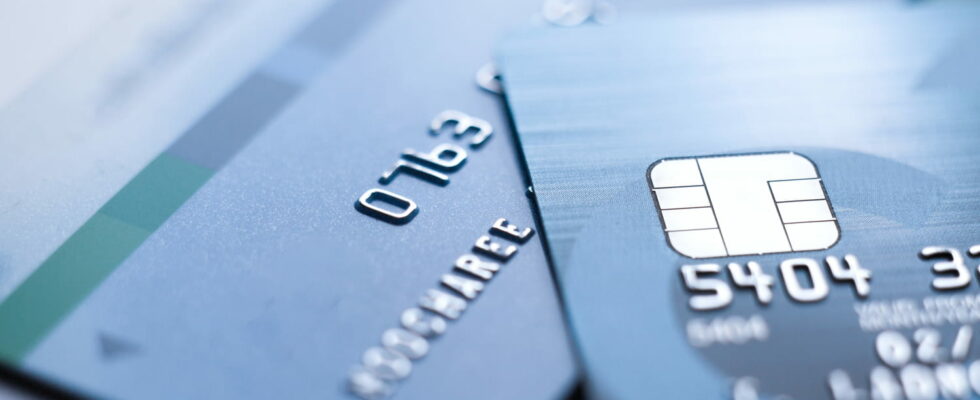Calls from fake advisors, IBAN thefts, phishing… Scams of all kinds are increasing. To prevent your bank account from being plundered by scammers, never give out these three very sensitive pieces of information.
Banking scams are constantly improving, and among them, the fake bank advisor scam is one of the most fearsome. This fraud affects customer confidence in their bank. Scammers pose as advisors using legitimate phone numbers, or even imitating the voices of real agents using deepfakes. Their goal? Obtain sensitive information like your PIN or security codes to access your accounts and misappropriate your funds. Another method, the fake IBAN scam, aims to manipulate victims into transferring money to fraudulent accounts, often by hacking the emails of their usual creditors.
The theft of banking information can also involve a false request for a RIB (bank identity statement). Contrary to what one might think, sharing RIB is not harmless. Fraudsters can use it to set up scenarios where they steal your identity or impersonate your creditors, tricking you into making transfers to accounts owned by scammers. If a RIB alone does not allow money to be taken without your explicit consent, it can serve as a basis for more elaborate fraudulent schemes.
To protect yourself from these scams, it is crucial to never give out certain information, starting with your PIN. This confidential code is the key to accessing your accounts via ATMs or when making card payments. Scammers who obtain this code can make transactions without your knowledge. Never share this code, even if the person in front of you presents themselves as a trusted bank employee. No bank advisor will ever ask you for this kind of information over the phone or by email.
Another piece of information that should never be disclosed is the SMS authentication code. These codes are sent by your bank to validate sensitive transactions, such as transfers or online purchases. If someone manages to convince you to provide them with this code, they could use it to access your account and make fraudulent transactions. Be particularly alert to calls or messages from individuals claiming to be from your bank and requesting this information.
Finally, your online banking login credentials must remain strictly personal. They are the gateway to your accounts. Scammers may try to collect these credentials by creating fake websites imitating your bank’s or by sending you messages redirecting you to fake forms. It is important to always check the Internet address used (the URL found in the address bar) and never use links sent by unknown sources.
To avoid falling into these traps, a simple rule must be respected: never disclose your confidential information, whether it is your PIN code, authentication codes or your banking identifiers. If you have any doubts, contact your bank directly through official channels to verify the authenticity of the requests you receive. Banking scams are evolving, but vigilance remains your best asset to protect yourself from them.
